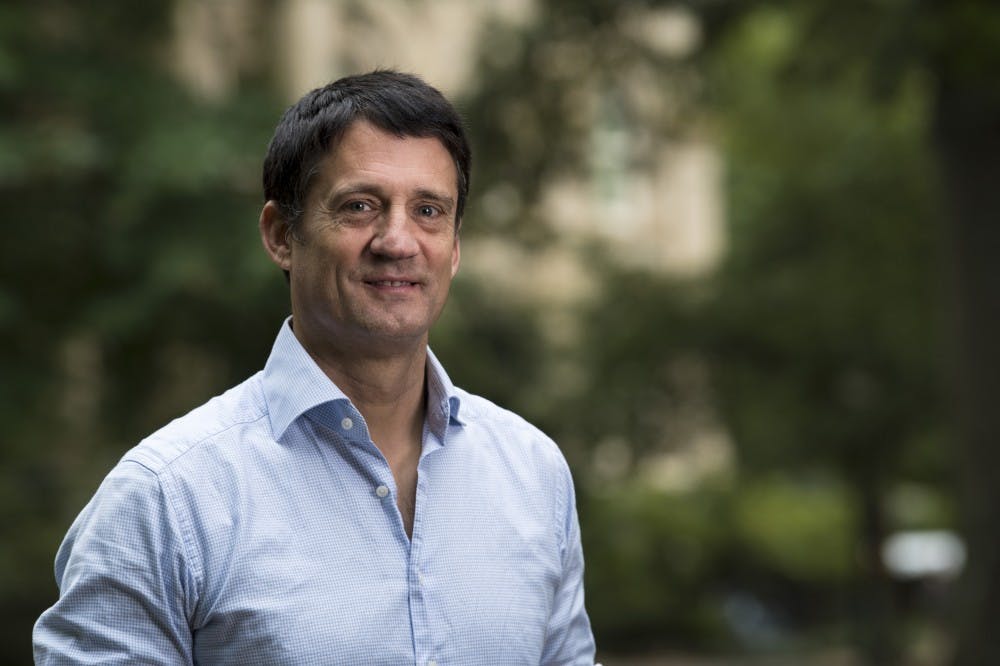History professor Fitzhugh Brundage was named as a finalist for a 2019 Pulitzer Prize.
Brundage, former chairperson of the history department and current William Umstead Distinguished Professor, teaches and advises in addition to writing.
Though well accomplished, he was shocked by his nomination. The Pulitzer releases its finalists and its winner at the same time. Brundage had a suspicion of who the winner would be, but he did not expect to be among the judge’s choices.
His book, “Civilizing Torture: An American Tradition,” explores the relationship between democracy and torture.
"(The novel’s Pulitzer nomination) is a fitting tribute to Brundage’s work," colleague Louise McReynolds said. "And it shines an appropriate light on the department of history and certainly reflects his intellectual and professional commitments."
The book, originally published in 2018, was in the making for 15 years. Brundage said he juggled it along with his other commitments until he seriously committed to finishing it in 2011.
“I think the biggest challenge was to figure out what I was trying to say,” Brundage said. “...I was interested in how Americans talked about torture and either condemned it or condoned it, and in what circumstance they would do either, so I came to realize I was really interested in the relationship of torture to our ideas of American ideals and American democracy.”
Brundage reached the conclusion that torture is a topic in which one cannot have an ambiguous attitude toward.
“One of the larger goals of my book was to alert people that, you could say cynically, there’s nothing new under the sun, or that because of some of our values that we insist are innate to American democracy, when we talk about torture it tends to fall into a very familiar pattern, and we can predict how it will be justified,” Brundage said.



